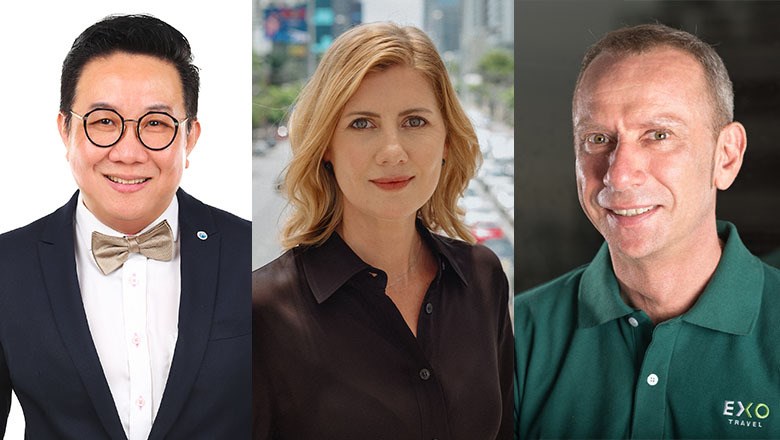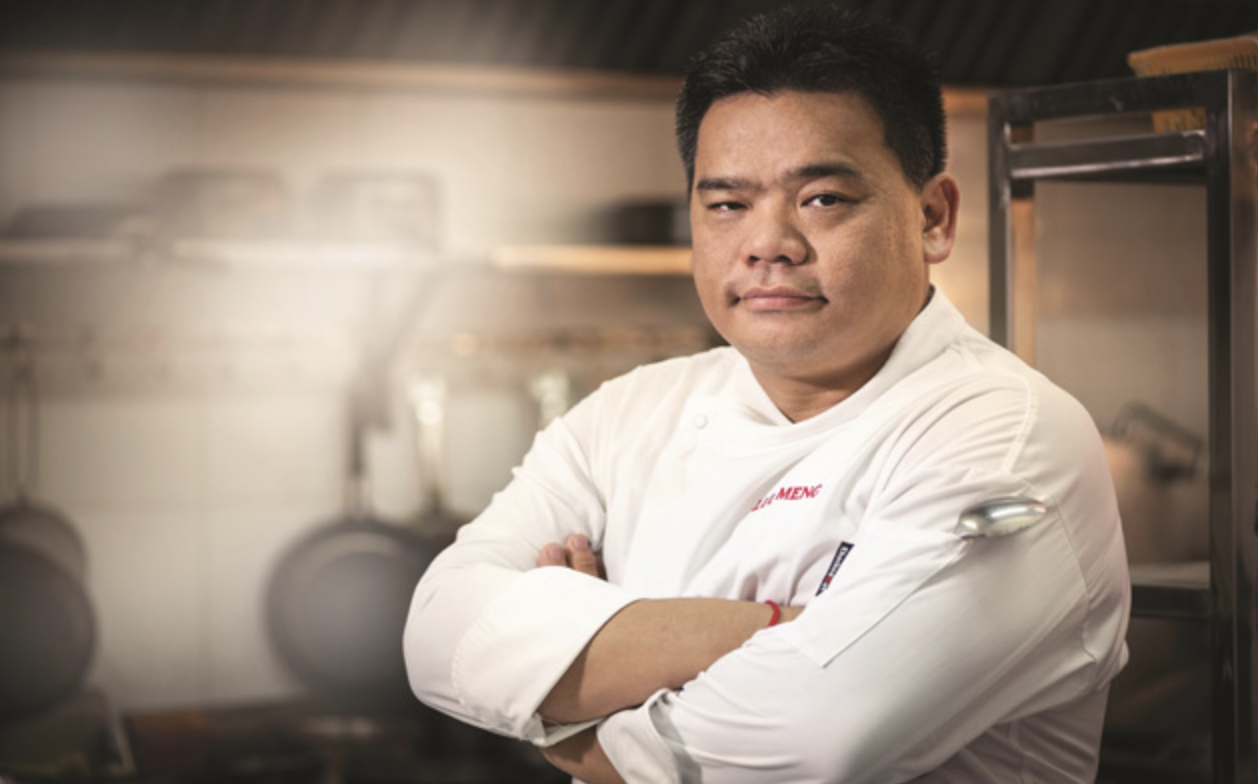When you formulate a strategy for your organization, it’s not really crafted so you’ll be successful today, but mainly successful in the future. Logically, then, to map out an effective strategy today, it’s tomorrow’s landscape you need to visualize. But how do you know how your business landscape is going to look tomorrow?
Continue readingTourism guru detained in Myanmar
Myanmar’s military junta arrested prominent travel executive and champion of responsible tourism, Myo Min Daw, in the early hours of 23 September.
Reports suggest he was charged under the penal code section 505a that restricts freedom of speech and participation in democracy demonstrations. Reliable sources fear he may have been initially taken to a notorious detention centre where detainees suffer abuse and torture. It is now very likely he is in custody at Yangon’s Insein prison, equally notorious for its inhumane conditions, abuse of inmates and mental and physical torture.
Details are sketchy as both Myo Min Zaw’s Facebook and Twitter accounts closed or were deactivated after he was arrested at his Yangon residence in the presence of his wife and son.
Reliable sources that keep a check on the situation in Myanmar noted the official news media focuses on the Ministry of Hotels and Tourism’s bold assertions that it will reopen tourist destinations to kick start economic recovery. At the same time, the military regime blames all the country’s ills on the Covid-19 pandemic. But the reality on the ground differs dramatically as the military regime is carrying out arrests and putting tourism entrepreneurs behind bars.
One brave comment* questioned the military regime’s pledge to support inclusive development, saying it was a message for just a “certain group only… while thousands of small tourism businesses struggle to stay afloat. We are facing two storms in Myanmar – Covid and the Coup, the latter being a much bigger one. We have to ask if you can’t provide safety for your own people (including travel industry people), how can you ensure the safety of international visitors.”
Tourism executives, mostly supporters of the Mekong region’s responsible tourism projects in Cambodia, Thailand, Laos and Vietnam, expressed their grave concern over the safety of travel industry executives and staff detained in Myanmar and called for their immediate release. It is understood they are privately contacting top officials in Myanmar’s tourism ministry to ask for more information and assurances on Myo Min Zaw’s safety and welfare as he awaits trial and sentencing in Insein prison.
Independent organisations estimate that more than 8,000 citizens have been detained since the 1 February military coup with more than 1,000 fatalities, mostly victims of military regime attacks on unarmed civilians who were demonstrating for the return of democracy.
Myo Min Zaw is the founder of Inle Canoe Lady and Bagan’s Goat-Keeping Tours, both award-winning innovative travel experiences.
His Inle Lake venture launched in 2017 supports a community of women residents who offer canoe trips through the lake’s Pauk Par village. He called them “Inle Lake’s Gondolas.”
The Inle travel experience features in the Experience Mekong Collection that supports SMEs in the Mekong Region under the auspice of the Mekong Tourism Coordinating Office*. It is among 10 tourism projects in Myanmar that the Mekong Region’s MTCO and its marketing arm, Destination Mekong, showcase for their responsible tourism content.
Myo Min Zaw’s career in tourism spans 20 years, starting as a professional English and Italian speaking tour guide. He later established responsible tourism projects and most recently, he founded the non-government organisation ‘Tourism for All, Myanmar’ community. It supports the creation of essential services in Myanmar’s tourism, such as donating rubbish bins, first-aid kits, community toilets, educational tools and a recycled paper bag campaign.
In early December 2018, his Inle Lake project won the prize for Best Tourism Product for Empowerment at the Myanmar Responsible Tourism Awards presented by the Myanmar Responsible Tourism Institute.
He also participated as a panellist and workshop facilitator at NCCT (National Conference on Community and Tourism) 2019 on responsible tourism and received the Green Microphone Award from Slovenia 2019 (UNWTO affiliated).
*Comments are not attributed as they were given under the strictest conditions of anonymity.
**The Greater Mekong Subregion’s MTCO is funded by the tourism ministries of Cambodia, China, Laos, Myanmar, Thailand and Vietnam and is supported by the Asian Development Bank.
Source: https://www.ttrweekly.com/site/2021/09/tourism-guru-detained-in-myanmar/
Destination Mekong organized the DESTINATION MEKONG FOOD & AGRO-TOURISM EXPERT GROUP WEBINAR ON SEPTEMBER 21, 2021
Destination Mekong organized the monthly meeting of the MeTAG Education & Research group on September 6, 2021
MeTAG Wildlife Tourism & Conservation Promotional Event on August 30, 2021
Watch a recording of the event here:
Destination Mekong – Responsible and Safe Forms of Voluntourism webinar on August 24, 2021
On August 24, Destination Mekong and EPACT International, together with Child Protection Expert Group, co-organized the Destination Mekong – Responsible and Safe Forms of Voluntourism.
It was a very successful event with almost 200 participants to learn how voluntourism plays an important role in sustainable, responsible travel and tourism development in the region.
Destination Mekong arranged the monthly MeTAG Education & Research Group meeting on August 2, 2021
New world, new roles of engagement
With every crisis comes change, and many predict that the reboot of sorts for the world and the travel industry would swing the pendulum towards a more eco-friendly and sustainable form of tourism.
Hoping for a real mindset and behaviour change in the travel industry is Hamish Keith, CEO at Exo Travel.
“We hope that one of the silver linings of this very dark storm that is still raging around us is that people will think more carefully about how they travel and who they travel with. We know that there is an inevitability to people traveling more responsibly and more carefully and we also know it takes time before habits change,” said Keith.
Anthony Lim, president at Asia at The Travel Corporation (TTC), which operates a family of brands including Trafalgar, Insight Vacations and Luxury Gold, believes demand for sustainable travel experiences will grow.
“As the world begins to recover and travel was on pause for the past year, clients are now more mindful in travelling responsibly and will be inspired in making a positive impact in the destinations and local communities they visit,” he remarked.
“Also, they will be choosing more consciously a preferred travel company which has established sustainable travel guidelines and initiatives.”
Like most businesses, TTC has used the downtime as take stock of its environmental footprint and establish road maps for a greener future, reinforcing the company’s stand to stay the course with the development of its new five-year sustainability strategy, How We Tread Right, covering issues such as climate change, food waste, diversity and inclusion, and animal welfare.
“If there was a silver lining, the global pandemic has enabled us to very much focus on the implementation of our strategy,” said Lim.
It’s a similar story for another sustainability-focused company, Abercrombie & Kent, with regional managing director, Southeast Asia, Belinda Shillcock, saying: “During this period, we have focused on product development and how we can provide the most sustainable and memorable travel experiences.
“When the world is ready to reopen safely once again, Abercrombie & Kent Southeast Asia is ready to offer our guests sustainable, slow travel experiences throughout the region — staying longer, travelling deeper and ensuring lasting and more meaningful engagements with the people and places that we visit.”
But true sustainability in tourism goes beyond environmental protection, these industry veterans pointed out.
It’s also about “fair income distribution, protecting the sense of place and operating responsibly whilst giving back to the communities we visit”, said Shillcock.
As well, the pandemic has inevitably popularised the use of single-use plastics again, an area these tour companies are keen to reduce when travel reopens.
Exo, for example, will continue to promote reusable water bottles, provide reusable masks and support local projects to provide sanitisers made with sustainable materials.
“While Covid has massively impacted our business, disrupted our industry and will no doubt change the way people travel, we see sustainability as a long-term mission that transcends this crisis,” concluded Keith.
Read the full article at Travel Weekly Asia: https://www.travelweekly-asia.com/Travel-News/Responsible-Tourism/New-world-new-roles-of-engagement?fbclid=IwAR2mzW3ie_obUk222o5-bj19hykC6incpbahEe-6chrJySdM3VOyB4tj9JA
Catalysing Cambodia’s new tourism future
The pandemic has brought Cambodia’s tourism players together and highlighted the value of a single voice via the Cambodia Tourism Federation (CTF), allowing them to work better with the authorities towards travel and tourism recovery as well future developments, reveals Luu Meng, CTF president, master chef and Almond Group CEO.
Tourism is a key economic driver for Cambodia but Covid has devastated tourism. How are CTF members affected?
Last year, we saw more than 50 per cent of businesses disappear when the pandemic started, as all international arrivals stopped in April. But Phnom Penh, the coast, Kampot and Siem Reap were able to do some business as locals could travel domestically. That continued into January and February.
Then the February 20 Community Event happened (when Covid spread across the country) and most domestic tourism disappeared (due to ongoing restrictions). When you break that down, almost every tour agent had nothing to do. Some have closed for good, some have been spending their savings and extending loans. Those unable to get more loans have been unable to continue.
For hotels, apart from quality hotels, there is almost nothing happening as well, although Kep and Kampot still have a bit of business. Official reports have also shown the restaurant sector has decreased by more than 30 per cent. The restaurant business was already competitive before Covid so it became even more difficult.
Did Covid present any positive opportunities for your members?
Before Covid, Cambodia was always linked to our neighbouring countries. Travellers would visit those countries, and then stay a few nights in Cambodia to visit Angkor Wat only.
The pandemic has given Cambodia the best opportunity to become a destination on its own. We have the beaches, culture, countryside, incredible cuisine, and the charm and hospitality of our locals. Cambodia is full of experiences, and has more than enough to provide travellers who are keen to stay longer.
The private sector is working closely with the government to newly brand and market Cambodia (as a mono destination) and encourage tourists to spent 10 days or two weeks here (as opposed to being a destination in a multi-destination itinerary).
How has the pandemic impacted the strength of CTF’s voice?
Before the pandemic, every association worked on their own and each had difficulty getting members to join. This was because traditionally, many people in the hospitality and tourism industry in Cambodia operate solo and don’t believe in belonging to a group. They didn’t understand the concept of belonging to an association which offered one unified voice, and that their issues and concerns will be represented and taken to the top level.
With the pandemic, people started to realise they needed help from the government and be able to raise issues with them. This is when we realised more people are interested in joining. Rather than Cambodian operators being very independent as they were previously, they are now more united.
What support have you provided members since the start of the pandemic?
We usually have at least one meeting a month, which has so far been held online. We have also invited people from different ministries to attend so we can all stay engaged. We have a Telegram group to make sure everyone stays informed and to give members a place to raise any issues and concerns.
Advocacy has been the main element and it works both ways. If you provide the right channel to raise concerns, it’s also much easier for the government to work with the private sector. Collectively, we have been able to come up with suggestions and options for the government, as choosing between health and safety or the economy is a huge challenge.
The pandemic has brought up many issues within the sector. We have issues spanning compliance, human resource and labour, social and business and marketing. This means we have to work with many different ministries. In good times, there was no chance to take a look at these things but during the last 18 months, we have been working with the government to develop a strategy to have an idea where the tourism and hospitality in Cambodia is going to be in the next five, 10, and 20 years.
Cambodia has excelled in the roll-out of the vaccination programme compared to other countries in South-east Asia. What role does this play in reopening to tourists?
Our CTF members and partners recognise and appreciate our prime minister has done a very good job since the government decided to start vaccinations.
In South-east Asia, Cambodia is second in terms of the percentage of vaccinations given – after Singapore – and we are comparing two countries with populations of six million versus 16 million. More than 90 per cent of adults in Phnom Penh are vaccinated, and this is not something that many cities in the world have yet achieved, so this is a great step for us.
We have been in discussions with the Ministry of Tourism about allowing vaccinated travellers in with minimal or no quarantine. We hope that will become a reality, and on our end, we hope to complete the country’s vaccinations by 4Q2021 so vaccinated tourists can also safely visit.
Cambodia’s tourism industry has lost a lot of skilled people. What needs to be done to build back the sector’s manpower resources?
We need to start preparing now. The Ministry of Tourism is currently unable to conduct any in-person training because of Covid restrictions, but has been holding online programmes on certain issues to retrain the people.
We are also requesting that the government creates a fund as soon as possible that will go towards retraining and refreshing the skills of previous tourism employees who have left the sector. Most of them wanted to remain in the hospitality sector, but have been away for more than a year now working in the agriculture and construction sectors as there is still work to be found there.
What has Cambodia capitalised on this downtime and what differences can visitors expect when they return?
The 38 Roads project has started in Siem Reap. The project comprises huge infrastructure improvements that are being carried out while no tourists are there. There is also a lot of effort being put into developing eco-tourism and new experiences related to that.
Meanwhile, the capital is changing quickly in a positive way, the coastline is developing and we have new airports planned. But the charm of the people has not changed, and that’s what makes Cambodia so attractive; it’s in our DNA.
Source: https://www.ttgasia.com/2021/07/15/catalysing-cambodias-new-tourism-future/
UNWTO launches digital tools to revitalise tourism
The World Tourism Organization (UNWTO) has partnered with MUST Travel & Tech to place a digital tool at the service of tourism, allowing users to share their experiences to promote the reactivation of the sector with a view to sustainability.
Presented during the UNWTO Mayors’ Forum in Porto, Portugal, the tool is an opportunity for the advancement of smart cities, as well as destinations that incorporate technology and innovation in their development. Already operating in 60 countries, MUST aggregates all the information of interest to travellers in one place. By also integrating key information and analysis from UNWTO, it aims to become a leading tourism application and generate opportunities for destinations.
Visibility provided through technological tools is an opportunity for those who, along the entire value chain of the sector, require support to restart their activity, from new destinations around rural communities, to destinations with a high degree of infrastructure development.
“We welcome innovative ideas and technologies that allow the creation of global and regional innovation ecosystems aimed at accelerating the recovery of tourism for development,” said UNWTO secretary-general Zurab Pololikashvili.
CEO of MUST, Pablo López, said: “Technology enhances the productivity and resilience of companies. The implementation of digital solutions in line with new trends in the tourism sector allows us to develop a differentiated, personalized and safe tourism product that is more focused on behaviour patterns and the management of spaces that will undoubtedly contribute to the recovery of a key activity for the economy in general.”
Read the full article at Travel Daily: https://www.traveldailymedia.com/unwto-launches-digital-tools-to-revitalise-tourism/










